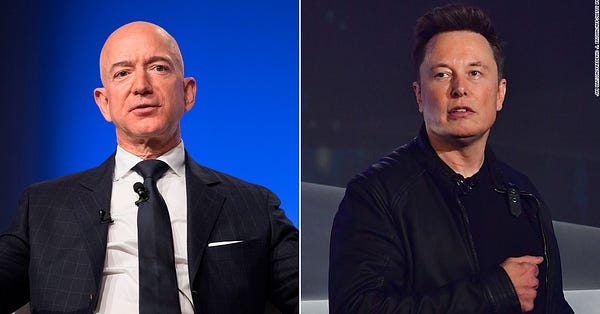Hello subscribers new and old (one is silver and the other gold),
As you may have noticed, this newsletter hasn’t been weekly since the beginning of the fall semester. “C’est la vie,” say the old folks.
But that doesn’t mean I haven’t been writing! Two things I’ve written came out this week and I wanted to direct your attention to them, and maybe add a little something.
I’ve been following Mark Slutsky’s Something Good newsletter for longer than I’ve been writing one (both less than a year!). He’s shooting a movie (!) right now, and has been running guest posts. So, yes, while not writing this newsletter I wrote a post for someone else’s (thanks to those Something Good readers who have joined us here!).
It’s a post about book jackets. Mark has this wild idea that they should be taken off your hardcover books immediately. I … think that’s preposterous. He allowed me to offer a rebuttal, and — well, your mileage may vary! You’ll know if this is the kind of thing you’ll like. But if it is your kind of thing, I hope you enjoy it.
Book Criticism: Behind the Scenes
In this Sunday’s Boston Globe, the Halloween edition, I reviewed a true-life horror tale: Sam Quinones’ The Least of Us: True Tales of America and Hope in the Time of Fentanyl and Meth.


For this review, I read both this book and Quinones award-winning 2015 book Dreamland: The True Tale of America’s Opiate Epidemic, which details both the rapid expanse of black-tar heroin — most of which came from a tiny state in Mexico — in three-quarters of the US, while at the same time demonstrating how Big Pharma’s aggressive opiate-marketing created an enormous customer base for the much-cheaper black tar.
I was thinking about this when I wandered on to Facebook (and yes, going on Facebook is always a mistake, and yes, we should all delete Facebook immediately), to see a friend from back home posting this:
Yes, the meme is vaccine-skeptical, but the “punch line” is honestly a good question! Because I’m a glutton for punishment, I waded into the comments: “I agree, free health care for all!”
Jarrod, another high school friend with whom I’ve tangled in the past, asked “How free?” and “Who is going to pay for it?”
In response, I went to Twitter searched, “pandemic billionaires” and posted the very first result:


Compelling enough, I think, but what I should have done is shared more of the absolute avariciousness of the Sackler family and its company Purdue Pharma, the makers of OxyContin. The company’s machinations really put the lie to the idea that Big Pharma has to charge those exorbitant fees to recoup its costs.
For instance, after a 2007 judgment against the company, instead of switching more resources to research and development of other drugs, the Sackler family and Purdue board opted to go all-in on extracting as much profit out of OxyContin as possible, even as they’d just been sanctioned for false marketing. The family took something like another $10 billion out of the company over the next few years. Quinones quotes a Tennessee state prosecutor: “Their whole push was to get people on [OxyContin] and get them to a higher dose because then they were more likely to stay on it. … It seemed that everything was driven by the [Purdue] marketing team.”
Anyway, in my draft of the Globe review above, I’d inserted some sort of onomatopoeia for spitting (“ptui,” etc.) after every mention of the Sackler name. In a fit of good taste, editor Kate Tuttle took them out. But if you read the review and want to hawk a loogie every time you see the word “Sackler,” you’ll be reading it as the author intended.
Speaking of good taste:
This isn’t a Purdue sales pitch, but it belongs in the Medical Advertising Hall of Fame (a real thing that exists) for absolute shamelessness: “I love titrations and it’s not a problem/ I got new patients and I got a lot of ‘em.”
They’re talking about Fentanyl inhalers. This was used as evidence in the prosecution of this company for paying kickbacks to doctors. As one of the YouTube commenters says: “Funny these are the first real drug dealers to rap since the 2000s 😂.”
With for-profit friends like these, who could be scared of a public option?
Finally, on the lighter side:





